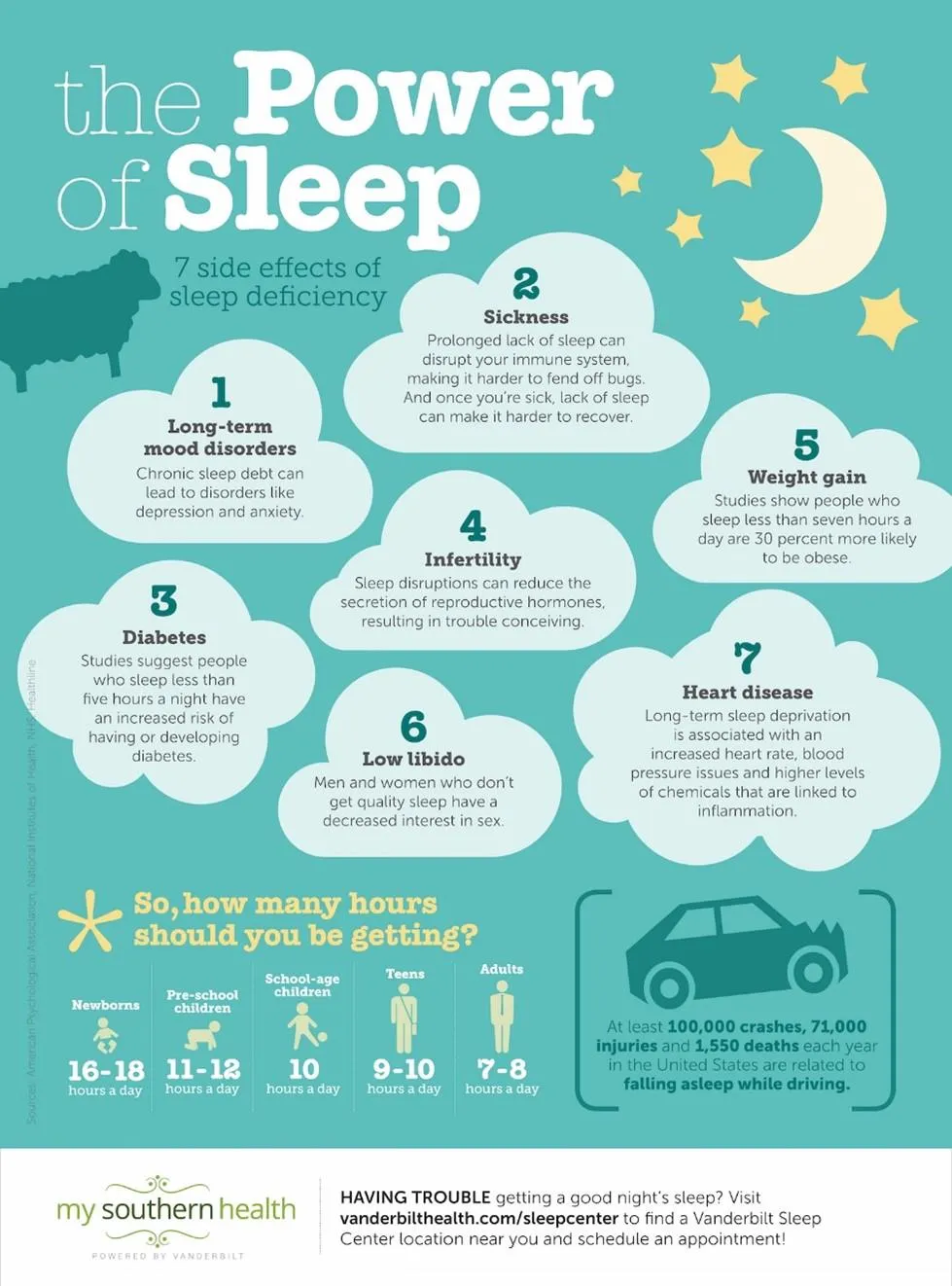TRANSFORM Your Mind, Body, and Spirit with Kairos Coaching!!
🔹True health is more than physical—it's emotional, spiritual, and personal growth. Let’s create lasting change together."
🔹Start Your Journey
ABOUT US
The Time to start is RIGHT NOW!

It’s not a coincidence that you’re here—
timing is everything
, and this is your moment to step into transformation. You’re ready to take your
health, mindset, and spirit
seriously, but the challenge has been knowing
where to start and how to sustain real change.
I created Kairos Coaching
because when I was where you are, I felt lost. There was zero support
for my journey, and I struggled to find guidance that addressed
not just my body, but my mind and emotions too. Through faith, education, and experience, I’ve learned how to navigate
true transformation—beyond just diet and exercise. I’m here to walk alongside you, providing the tools, support, and coaching you need to create lasting change in your health, habits, and life.
🌱
Now is the time to grow.
💡
Now is the time to heal.
🔥
Now is the time to transform.
Let’s do this together.
-------- OUR FEATURES --------
Why We Are the Only Choice
🌿 Wholistic Transformation – Not Just Weight Loss
We go beyond diet and exercise.
Kairos Coaching helps you renew your mind, heal your emotions, and strengthen your body—so you experience real, lasting change from the inside out.
🛠️ Personalized Coaching – No One-Size-Fits-All Approach
Your journey is unique, and so is our coaching. Whether you need
faith-based encouragement, mindset coaching, or practical health strategies, we tailor everything to YOU.
❤️ Faith-Rooted Guidance – Align Your Health with Your Purpose
Your body is a temple, and your health journey is part of your
God-given purpose. We integrate scripture, prayer, and reflection
into your transformation process.
📖 Proven Strategies – Built on Science & Faith
With education in nutrition, mindset coaching, and emotional healing, we combine practical science-backed strategies with faith-based wisdom for a complete approach.
🤝 Community & Support – You Don’t Have to Do This Alone
Kairos Coaching is more than just a program—it’s a community. Whether through group coaching, our membership, or one-on-one sessions, you’ll always have support.
🌿 How We Help You Transform
At Kairos Coaching, we don’t believe in quick fixes—we believe in lasting transformation. True health is about more than just what’s on your plate. It’s about renewing your mind, restoring your body, and realigning your spirit so you can live fully in your purpose.

🌱 Healing from the Inside Out (Chronic Conditions & Health Struggles)
If you’ve been dealing with long-term health challenges, feeling like your body is working against you, or relying on medications to get through the day, you’re not alone. I help you take a wholistic, faith-centered approach so you can start feeling better, not just managing symptoms.

🔄 Break Free from the Cycle (Sustainable Lifestyle Changes)
Maybe you’ve tried every diet, every plan, and still feel like you’re starting over again and again. I help you ditch the guilt and restrictive mindset and build habits that align with your values and season of life—so you can create real, lasting change without burnout.

⏳ Find Clarity, Peace & Progress (When You Feel Stuck & Overwhelmed)
If you’ve ever felt emotionally drained, unmotivated, or stuck in the same cycle, I see you. Transformation isn’t just about what you do—it’s about what you believe. I help you clear mental roadblocks, reconnect with your emotions, and walk in confidence so you can finally move forward in your health and life.
-------- Meet Your Coach --------

Meet Lakeitha – Your Guide to Wholistic Health & Transformation
Lakeitha is a Certified Health & Life Coach
with a deep passion for helping others break free from unhealthy cycles and step into a life of
true well-being—mind, body, and spirit. With years of experience and a heart for transformation, she is dedicated to empowering you with faith-centered guidance, compassionate support, and a system that brings real, lasting results.
What You Can Expect Working with Lakeitha:
✅ A personalized, sustainable approach
—no quick fixes, just real transformation
✅Compassion & accountability
to keep you motivated on your journey
✅Tools to help you take control
of chronic conditions, stress, and emotional well-being
✅ A faith-based foundation
to help you align your health with your purpose
Certifications & Expertise:
📌Clinical Health Coach
– Iowa Chronic Care Consortium
📌Health & Life Coach
– Health Coach Institute
📌Lifestyle Coach
– Diabetes Training & Technical Assistance Center
📌Motivational Interviewing
– Motivational Interviewing Network of Trainers (MINT)
Ready to take the first step?
Let’s work together to create the health and life you were meant for.
📅
[Start Your Journey Today]

Sleep, and the Role it Plays in Having Good Health!
9-Weeks of Sleep Enhancement
Sleep, and the Role it Plays in Having Good Health
Sleep and good sleep hygiene play a key role in maintaining good health throughout your lifetime. Over the next nine weeks we will cover a variety of topics from how lack of sleep impacts your body’s functioning to sharing techniques on how you can improve and enhance your sleep habits and hygiene. Sleep contributes to many factors that determine good health. They include rest, repair, and rejuvenation; an improved mood; a healthy heart; regulated blood sugar; improved mental function and enhanced toxin removal.

While we sleep, our bodies rest, repair damage to our physiological systems, and rejuvenate our bodies. It is for this reason that if you are sleeping properly, your body will feel refreshed after a good night’s sleep. For humans who are still growing, children and adolescents, during sleep, the body produces the hormones required for development. These same growth hormones are responsible for repairing tissue and cells in people of all ages. In fact, during sleep, the body produces cytokines which support the immune system and help to fight off infections. The body’s immune reaction to infection will not be as strong if the person is getting inadequate sleep. Thus, chronic sleep loss can make people more susceptible to common infections like cold and flu, but also over time, it can lead to a greater risk of immunodeficiency. Sleep also aids our bodies in reducing anxiety, depression and other mental health strains that are tied to stress.

When you wake up well rested, it can have a positive impact on your mood. In fact, it has been proven that people who lack adequate sleep are at higher risk of experiencing mental anguish. The long-term effects of sleep loss can result in irritability, anxiety, and depression. Developing good sleep hygiene and consistent sleep routines can help to resolve these issues.
Quality sleep helps to promote cardiac health. When we sleep, our heart rates slow down and our blood pressure decreases. This means that when we sleep, our heart and vascular systems are able to rest, rejuvenate, and not work as hard as they have to when we are awake. If an individual is subjected to inadequate sleep, the risk for a cardiovascular event such as heart attack or stroke increases. In turn, sleep loss causes high blood pressure that can remain high for extended periods of time. This increases the risk of heart disease, heart attack, and heart failure.

Sleep loss affects insulin production in the body. Insulin is the hormone that helps blood sugar enter the body’s cells. The body’s cells use this glucose as energy to power the body’s physiological systems. By sleeping for at least seven hours or more per night, this ensures the regulation of blood sugar within the body. When an adult gets less than seven hours sleep at night, there is an increased risk of them developing Type 2 diabetes. Lack of sleep causes greater resistance to insulin in the body and changes how the cells of the body use insulin. This in turn, leads to too much sugar in the bloodstream.
It is believed that sleep helps with memory and cognitive thinking. Sleep is necessary for the brain to grow, reorganize, restructure, and make new neural connections. Without these new neural connections, individuals would be unable to learn new information and form memories during sleep. When you are well rested, you have better critical thinking skills and decision-making skills.

People who are sleep deprived perform poorly when doing activities that need quick responses or multi-tasking. A good example of this is driving. When an individual lacks sleep, they don’t think clearly, become more forgetful, have a harder time learning new tasks and function at their best during the day. Both thinking quickly and accurately performing are reduced after a week of getting only five hours of sleep or less each night. This also impacts your judgement. Because of this those individuals who are sleep deprived, enact riskier behaviors as a result of their sleep loss. They make worse decisions because they are focused on the outcome of their actions, not the consequences. Therefore, a more rested individual makes better, faster, and thoroughly thought-out decisions; learn easier and function at their peak performance.
A good night’s sleep helps the glymphatic system (the brain’s waste management system). When we are awake, our brain’s neurons are firing on all cylinders and stimuli is constantly coming into the brain. The brain converts fuel into energy leaving behind waste proteins that accumulate during our waking hours. During sleep, the glymphatic system carries fresh fluid to the brain and mixes it with the waste protein filled fluid. The system then flushes out this mix of fluids from the brain and into the blood. During sleep, cells in the brain shrink, this allows larger gaps between brain tissue and allows more fluid to be pumped into the brain and flush toxins away. It is actually during non-REM sleep that this flushing away of toxins occurs. Chronic sleep loss can reduce the ability of the waste management system to flush away these toxins and can increase the risk of a number of distinct kinds of brain diseases.

Remember, getting enough decent quality sleep reduces your proclivity to acquiring many diseases and disorders such as heart disease, stroke, obesity, and dementia.
Next week, we will provide you with suggestions on how you can improve your sleep quality. Should you have any questions about ‘Sleep and the Role it Plays in Having Good Health’, please email me at info@kairoscoachingbylakeitha.com .
For SEO Purposes Only:
#impactsofsleeploss #howlossofsleepaffectsmybody #improvingsleep #getting40winks #kairoscoachingbylakeitha
Call
(316) 285-0494
Email:
info@kairoscoachingbylakeitha..com


